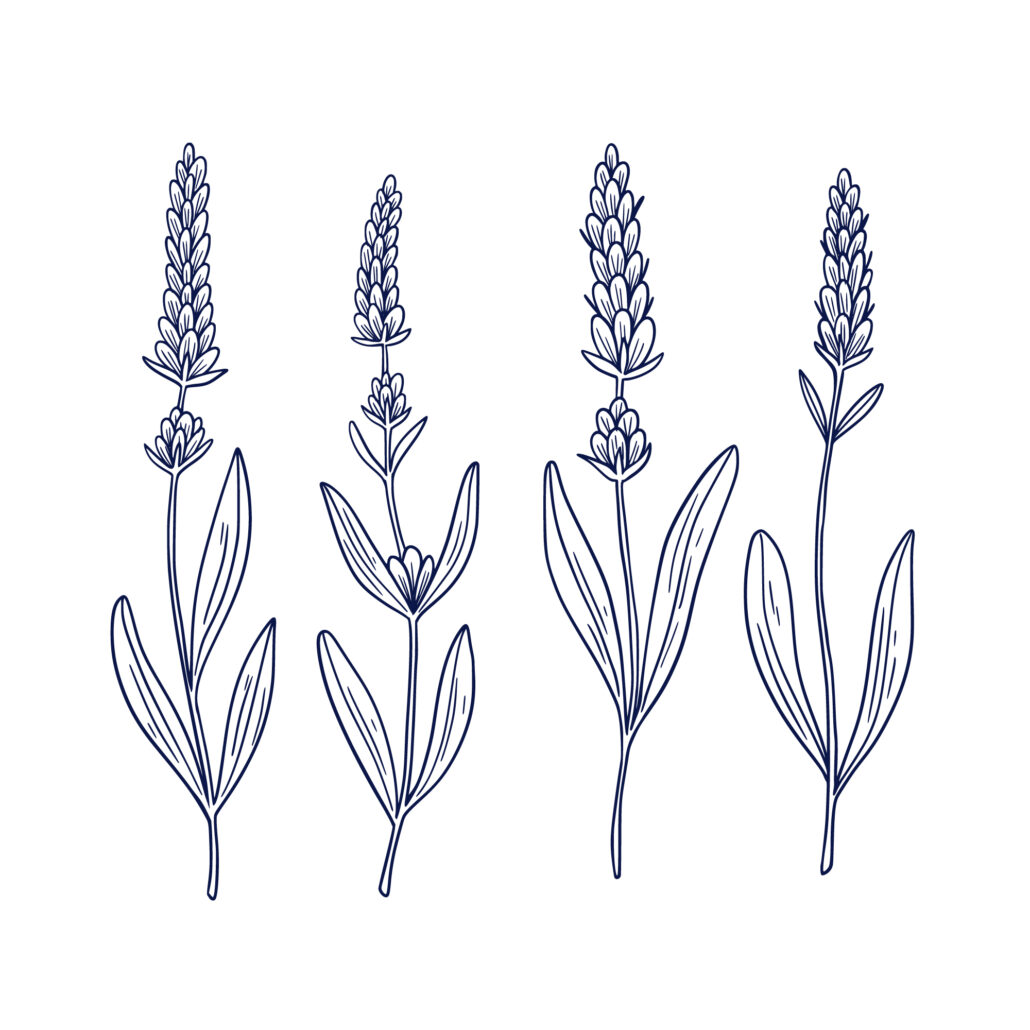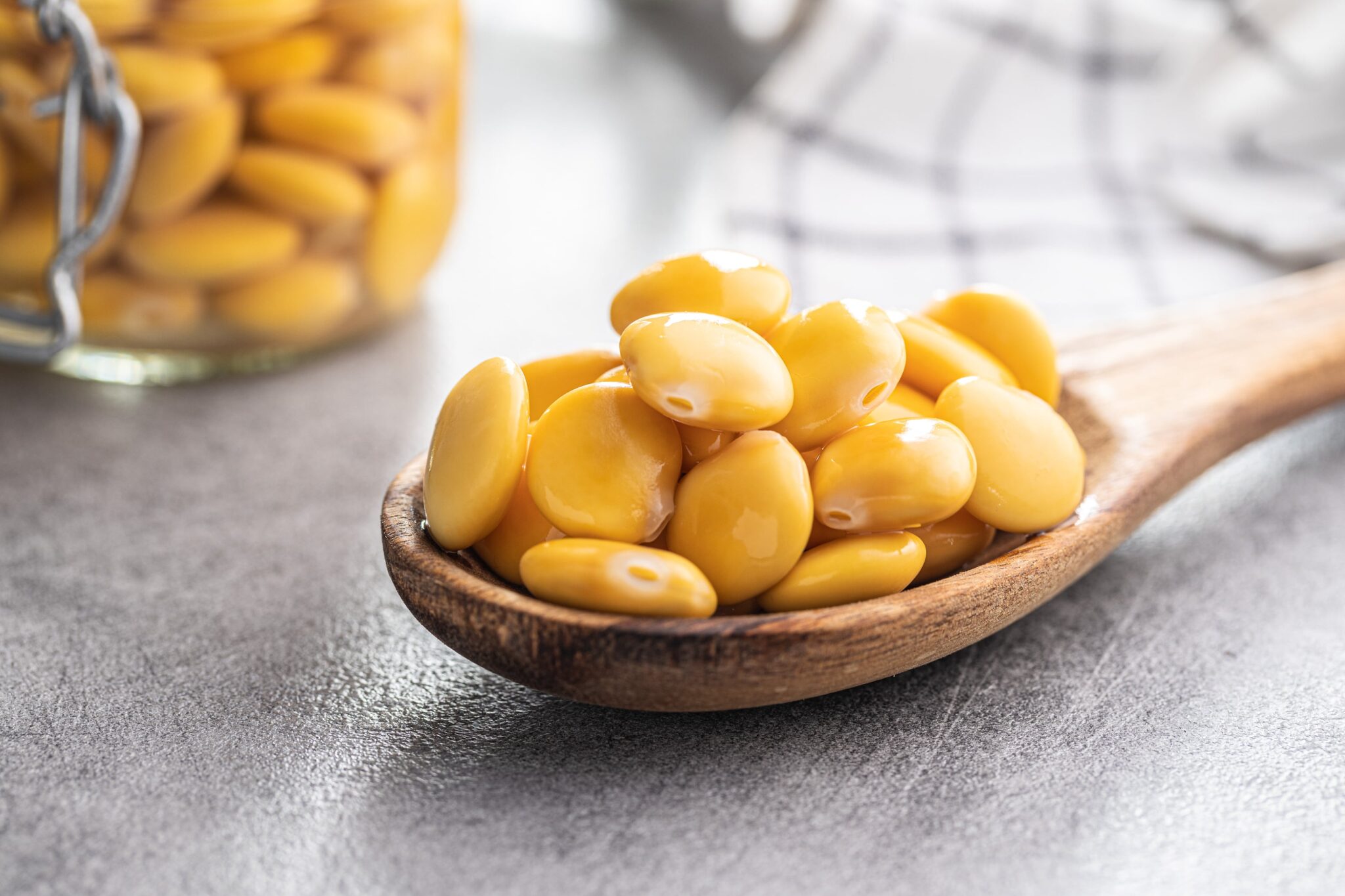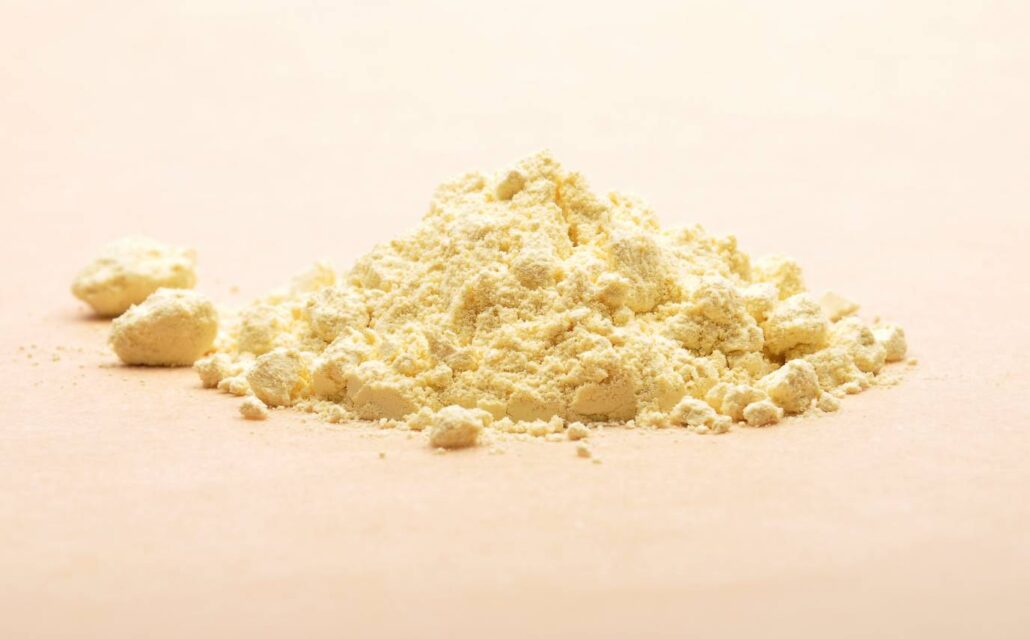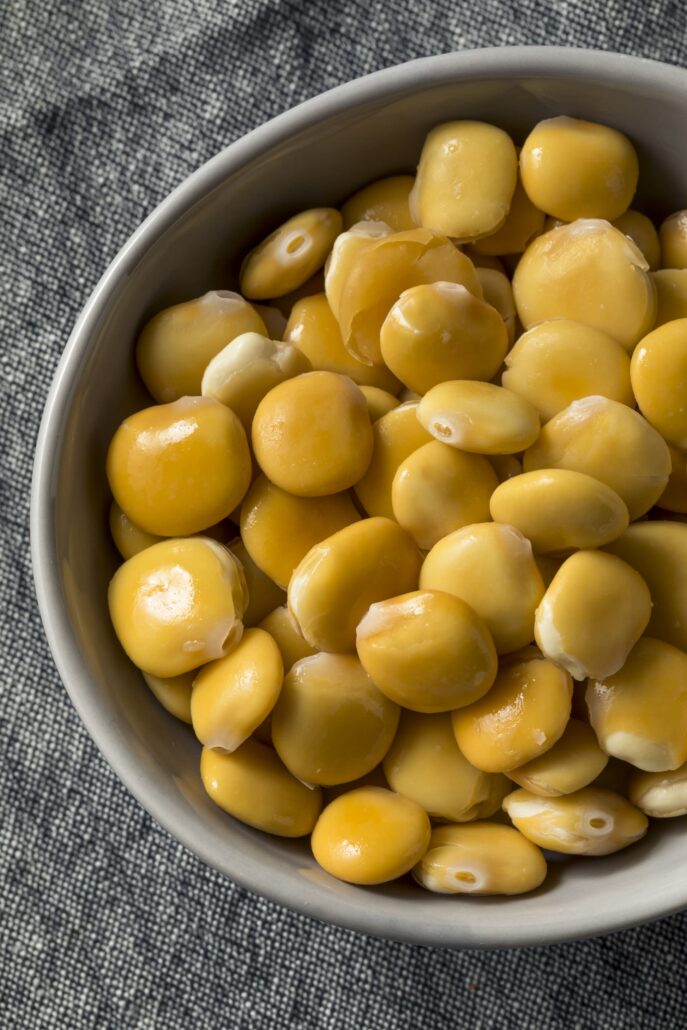
Lupin Fact Sheet
Botanical Overview
Scientific Name: Lupinus spp.
Common Types: White lupin (Lupinus albus), Australian sweet lupin (Lupinus angustifolius), yellow lupin (Lupinus luteus)
Plant Family: Legume (Fabaceae)


What is Lupin?
Lupin (also spelled lupine) refers to a group of flowering plants in the genus Lupinus, which are members of the legume family.
The term “lupin” is commonly used to describe both the plant and its edible seeds, which have been part of traditional diets in the Mediterranean, Egypt, and parts of South America for centuries.
Lupin is a versatile, nutrient-dense legume with a long history in traditional diets and modern health foods, but it should be consumed with caution by those with legume allergies, especially to peanuts

Quick Facts
| Aspect | Details |
|---|---|
| Plant Type |
Legume (Lupinus genus), annual or perennial
|
| Edible Part |
Seeds (lupin beans), flour
|
| Nutritional Value |
High protein, high fiber, low fat, rich in vitamins/minerals
|
| Culinary Uses |
Whole bean snack, flour for baked goods, pasta, smoothies
|
| Health Benefits |
Supports heart, gut, and metabolic health; high in antioxidants
|
| Allergy Risk |
Cross-reactive with peanuts/soy; can cause severe allergic reactions
|
| Ecological Benefit |
Nitrogen-fixing, improves soil fertility
|
Nutritional Benefits of Lupin
- Protein: Lupin beans are among the highest-protein legumes, with up to 40% protein by dry weight
- Fiber: Up to 30% fiber by dry weight, plus 5% inulin (a prebiotic fiber)
- Fat: Predominantly healthy unsaturated fats, including omega-3, 6, and 9 fatty acids
- Vitamins & Minerals: Rich in iron, magnesium, zinc, calcium, potassium, and vitamins A, B1, B9, and E

Nutritional Statistics & Facts (per 100g cooked beans)

| Nutrient | Amount per 100g | % Daily Value (DV) |
|---|---|---|
| Calories | 119 kcal | - |
| Protein | 15.6g | 37% |
| Dietary Fiber | 7.1g | 28% |
| Fat | 2.9g | 4% |
| Carbohydrates | 9.9g | 4% |
| Iron | 2.1mg | 12% |
| Magnesium | 54mg | 14% |
| Manganese | 0.6mg | 29% |
| Copper | 0.2mg | 26% |
| Phosphorus | 128mg | 18% |
| Zinc | 1.1mg | 10% |
| Folate (B9) | 59mcg | 15% |
| Vitamin B1 | 0.13mg | 11% |
Fun Facts
Low Carbohydrate: Less than 10% carbohydrate by dry weight—much lower than most legumes.
Energy Density: High nutrient density but low in calories, making lupin beans suitable for weight management diets.
Amino Acid Profile: Particularly high in histidine, threonine, isoleucine, and tryptophan; lower in methionine.
Historical Use: Consumed since ancient Egyptian and Roman times.
Preparation: Raw lupin beans contain bitter and toxic alkaloids; they must be soaked and cooked before eating.
Lupin Versus...
| Nutrient (per 100g dry) | Lupin | Soybeans | Lentils | Chickpeas | Kidney Beans |
|---|---|---|---|---|---|
| Protein (g) | 35-40 | 35-38 | 25-30 | 20-25 | 20-25 |
| Carbohydrates (g) | 10-15 | 20-30 | 50-60 | 50-60 | 60-65 |
| Fiber (g) | 25-30 | 9 | 10-15 | 15-20 | 15-20 |
| Fat (g) | 5-10 | 18-20 | 1 | 5 | 1 |
| Calories (kcal) | 370 | 446 | 350 | 364 | 337 |
| Calcium (mg) | 170-180 | 277 | 35 | 57 | 83 |
| Iron (mg) | 4.0-4.8 | 15.7 | 6.5 | 4.3 | 6.7 |
| Magnesium (mg) | 190-220 | 280 | 47 | 79 | 140 |
| Phosphorus (mg) | 440 | 704 | 281 | 252 | 406 |
| Potassium (mg) | 1010-1300 | 1797 | 677 | 718 | 1359 |
| Zinc (mg) | 4.8 | 4.9 | 3.3 | 2.8 | 2.8 |
| Glycemic Index | Very Low | Low | Medium | Medium | Medium |
| Starch Content | Minimal | Low | High | High | High |
| Gluten | None | None | None | None | None |


